20+ Years Experience
Specialist EICR Testing

Enquire Today For A Free No Obligation Quote
An EICR (Electrical Installation Condition Report) is an inspection done by a qualified electrician. It’s crucial for the safety and functionality of electrical systems.
The report finds issues such as outdated wiring, faulty sockets and switches, exposed wires, lack of labelling, and improper extension leads. It also checks distribution boards, RCDs, and power supply in commercial properties.
The Electrical Installation Condition Report (EICR) is essential for safe and compliant electrical installations. Here are 6 facts to know:
Remember, an EICR needs to be done by a qualified electrician or engineer.
It’s important to be aware of the importance of an EICR for protecting residential and commercial properties. Regular inspections can help avoid potential hazards and provide peace of mind.
The value of Electrical Installation Condition Reports (EICRs) in making sure electrical safety is immense. These thorough inspections are key in uncovering potential dangers and providing comfort for both homeowners and businesses.
EICRs are very important as they assist in discovering any potential electrical problems in a building.
This is especially true for older buildings or those that have been renovated extensively, as bad or outdated wiring can cause serious risks such as electrical fires or electric shocks.
By finding these faults early, EICRs let people take prompt action and stop potential dangerous situations from getting worse.
Moreover, EICRs are essential to meet the legal requirements of regulatory bodies and insurance companies.
Property owners must make sure their electrical installations follow the most up-to-date laws and standards.
By obtaining a valid EICR certificate, they show their commitment to keeping a safe environment for all, and to protect themselves from possible liability claims in case of an accident.
In addition to these advantages, EICRs give peace of mind to people who are buying or renting a property. Before making such important decisions, it is crucial to be aware of any possible electrical hazards that may need costly repairs or updates.
An EICR report provides useful information about the condition of the electrical installation, allowing buyers or tenants to make informed decisions and negotiate suitable terms accordingly.
To guarantee the success of an EICR inspection, property owners should think about regularly maintaining and testing their electrical systems. These preventive steps can help identify minor problems before they become major faults.
Additionally, employing a qualified electrician with lots of experience in conducting EICRs guarantees precise evaluations and following industry standards.
Overall, the importance of EICRs lies not only in adhering to laws but also in shielding lives and properties from potential electrical risks.
By recognising issues early on and taking appropriate actions, individuals can create a safe electrical environment. Thus, the importance of EICRs should never be underestimated, as they are a critical tool in ensuring electrical safety for everyone.
EICR stands for Electrical Installation Condition Report. It is a necessary review of electrical installations, which identifies any potential risks or issues that could affect performance.
Let’s take a look at the following table to understand the common faults found in an EICR:
Other faults may be less noticeable. These include: incorrect labelling of switchboards, no fire protection around electrical enclosures, and circuit breakers that don’t trip when needed.
EICRs are essential to ensure safety and efficiency of electrical systems. Identifying and fixing common faults can help reduce the risk of accidents and improve performance.
Faults in an EICR are significant for electrical safety. These can cause electrocution, fire hazards, and equipment damage. Knowing the impact of these is essential for a secure environment.
Carrying out EICRs regularly and dealing with any faults quickly can prevent hazardous scenarios and protect people and belongings.
Addressing and rectifying faults in Electrical Installation Condition Reports (EICR) is vital. Ignoring them can lead to hazards, expensive destruction, and even life-threatening accidents. Here are five reasons why mending these faults is so important:
Also, addressing and rectifying faults stops minor issues from becoming major. It guarantees the smooth functioning of electrical installations, giving peace of mind to property owners and occupants.
By using these steps and being aware of electrical safety, you can decrease risks from faults found in an EICR.
To summarise, it’s important to address the common faults found in an Electrical Installation Condition Report (EICR).
EICRs should only be conducted by qualified and registered electricians who have the necessary skills and knowledge to carry out thorough inspections, identify faults, and provide appropriate recommendations for rectification.
After completing an EICR, the electrician should provide you with a detailed report.
The report will outline any faults identified, their severity, recommendations for repairs or improvements, and an overall assessment of the electrical installation’s condition.
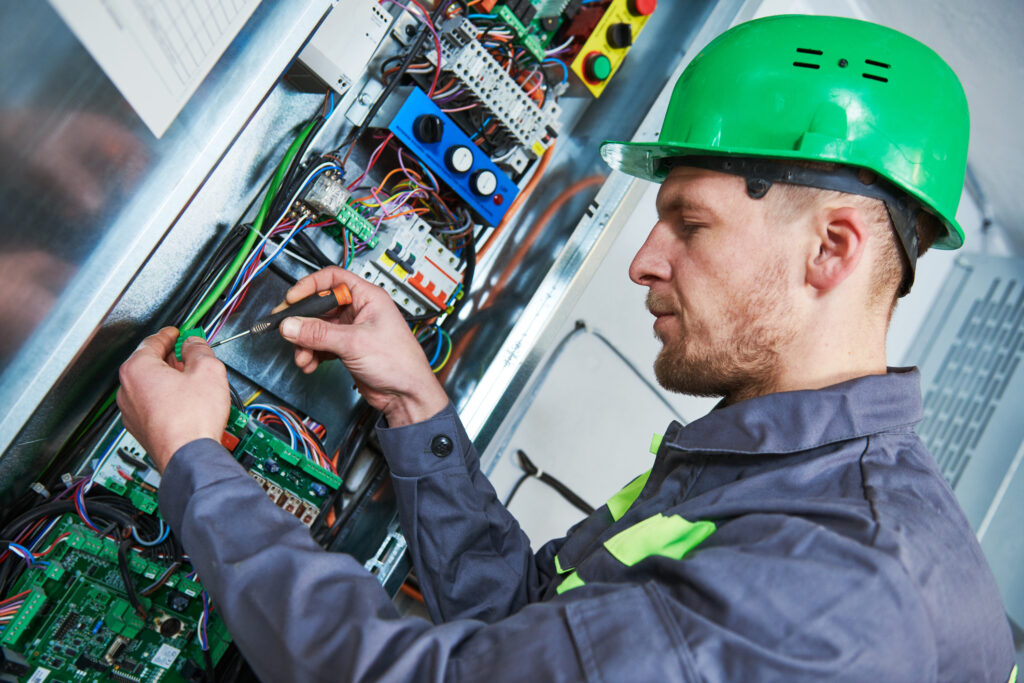
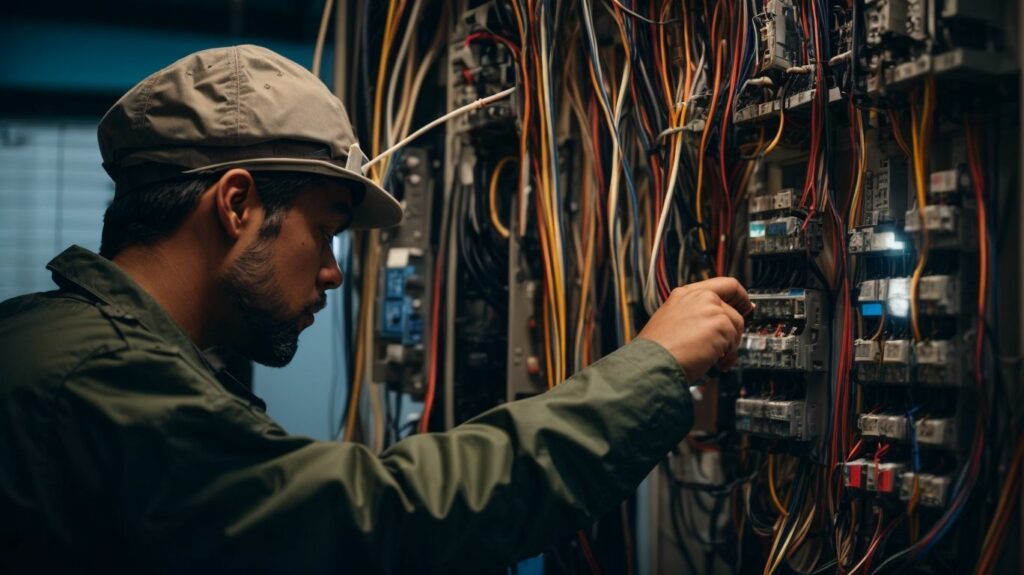
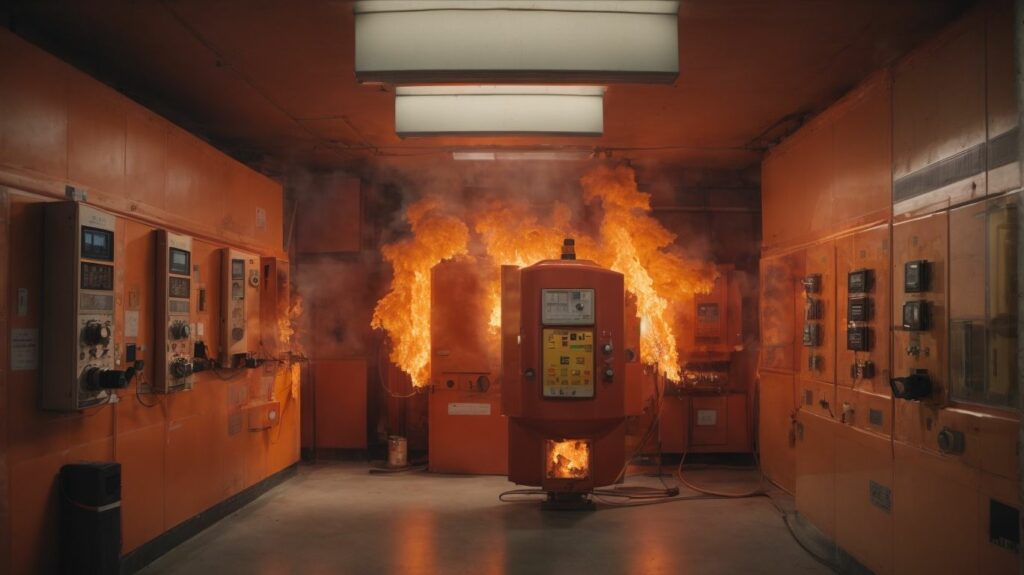
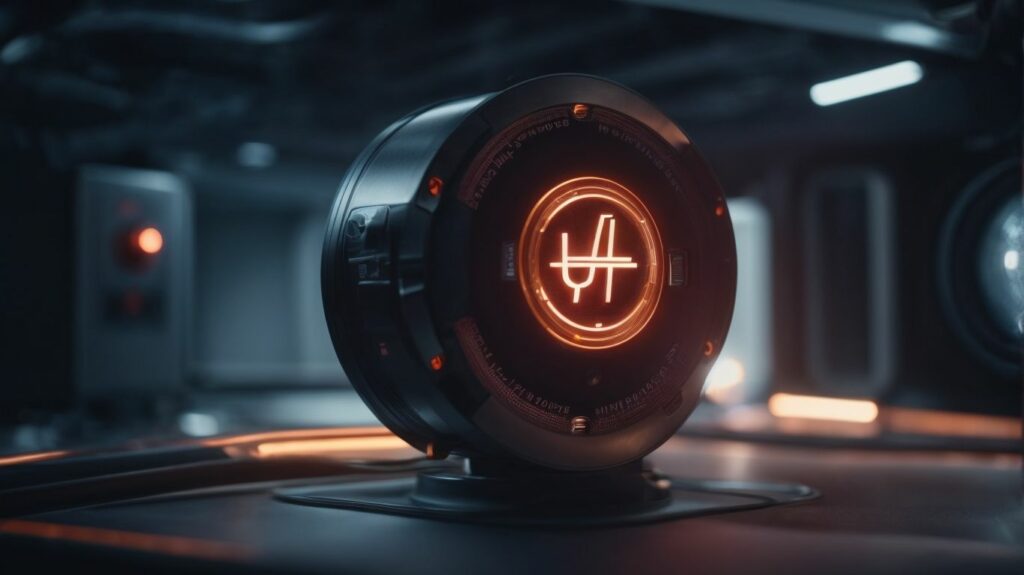
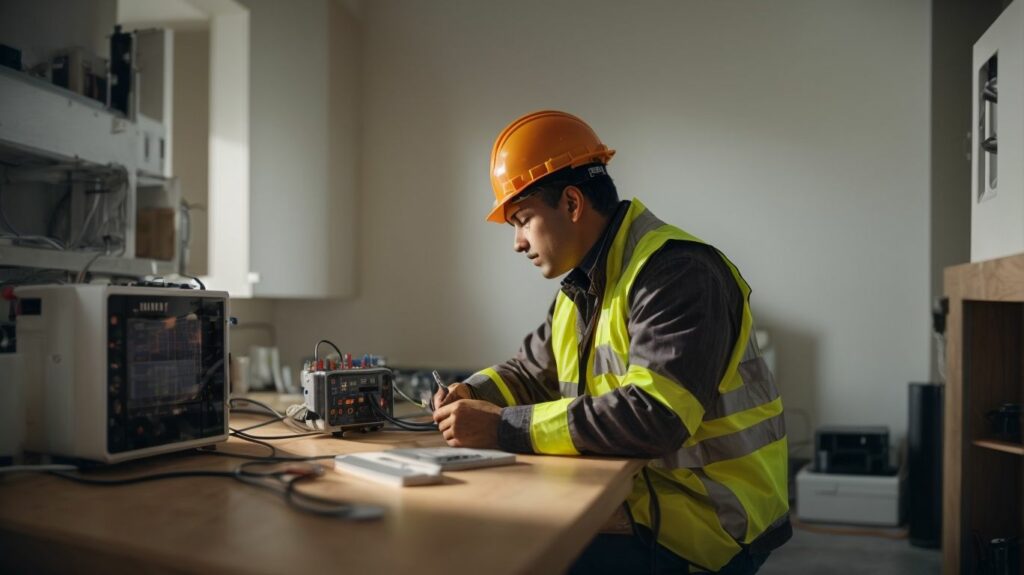
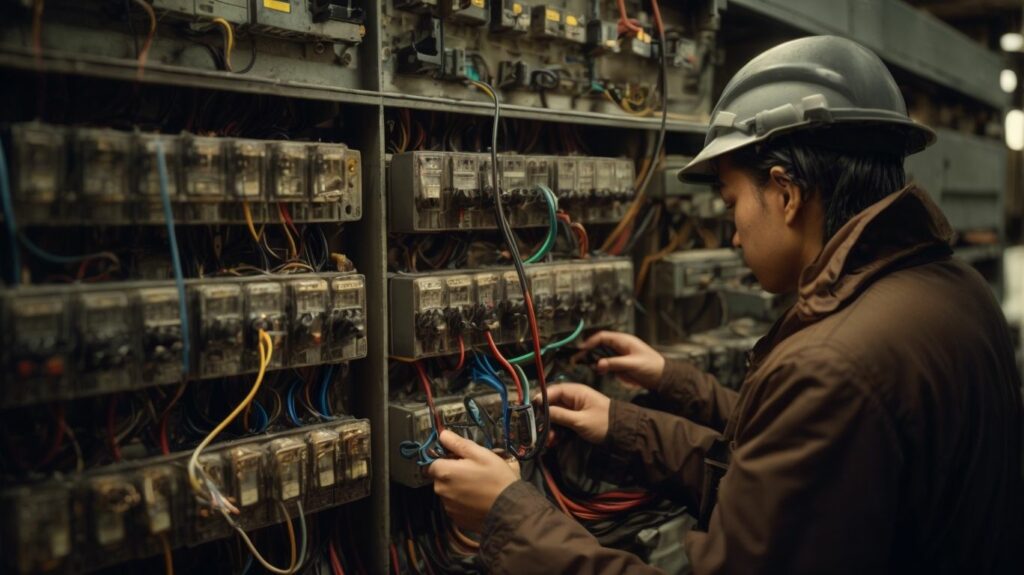
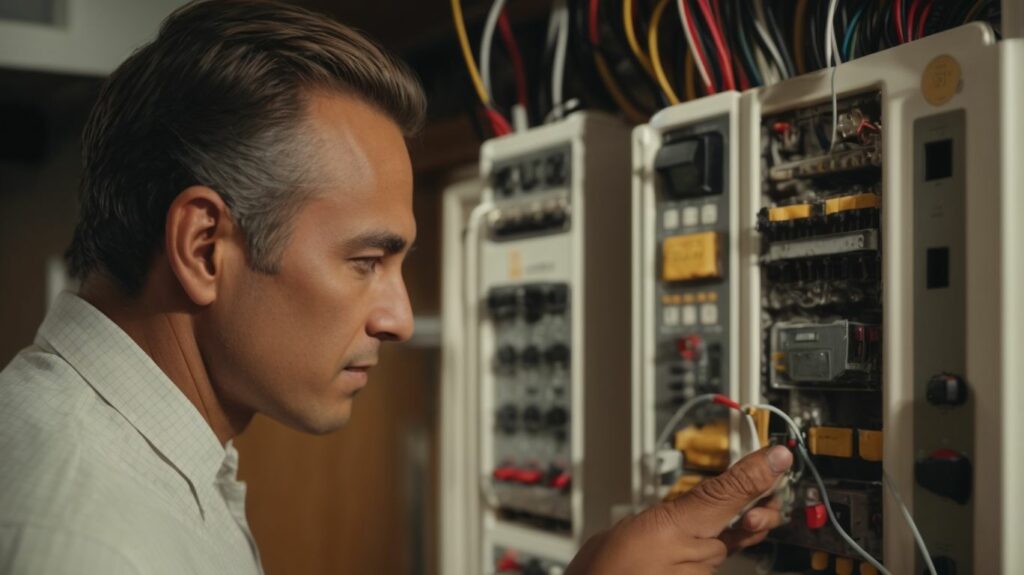
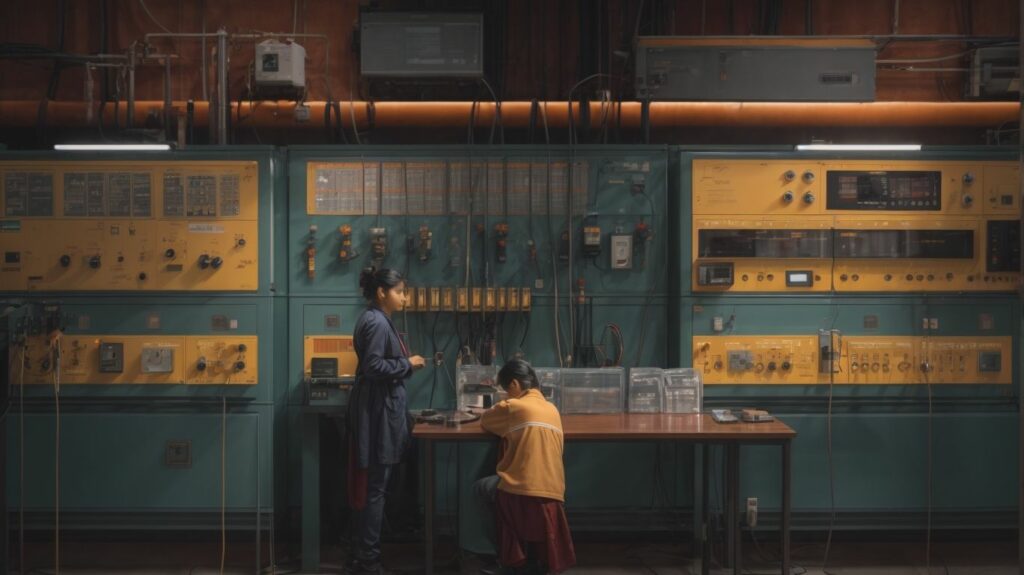


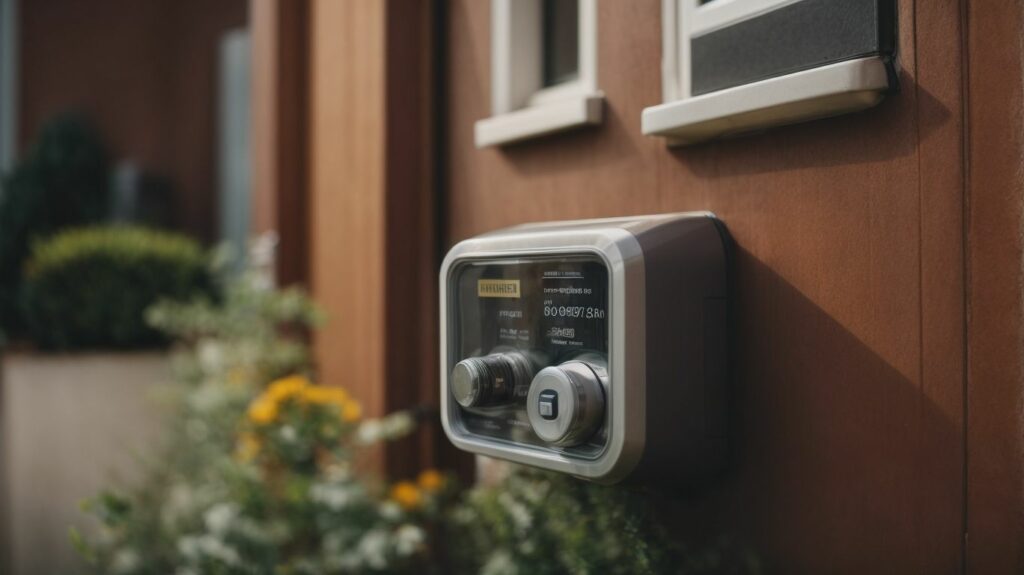


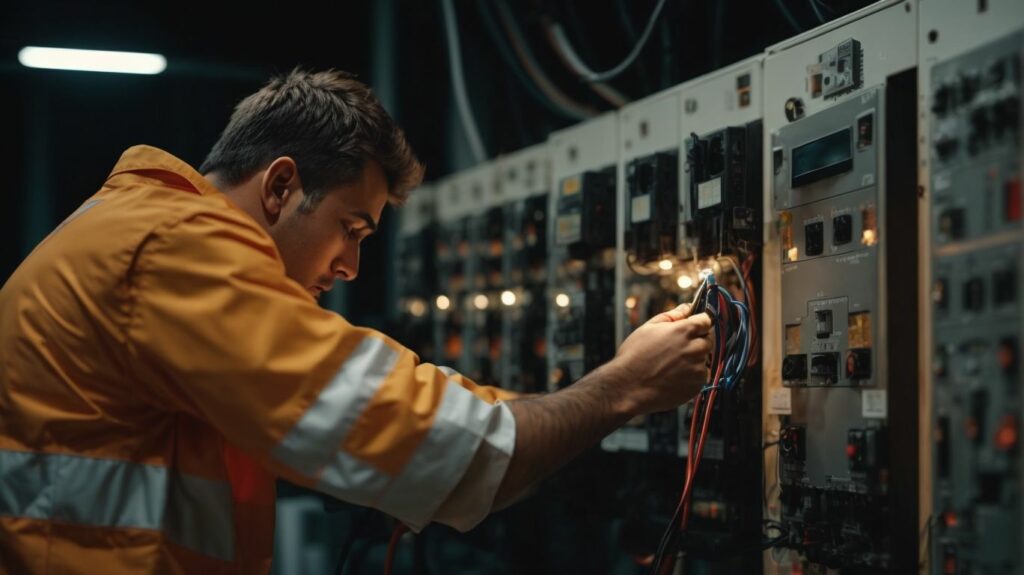
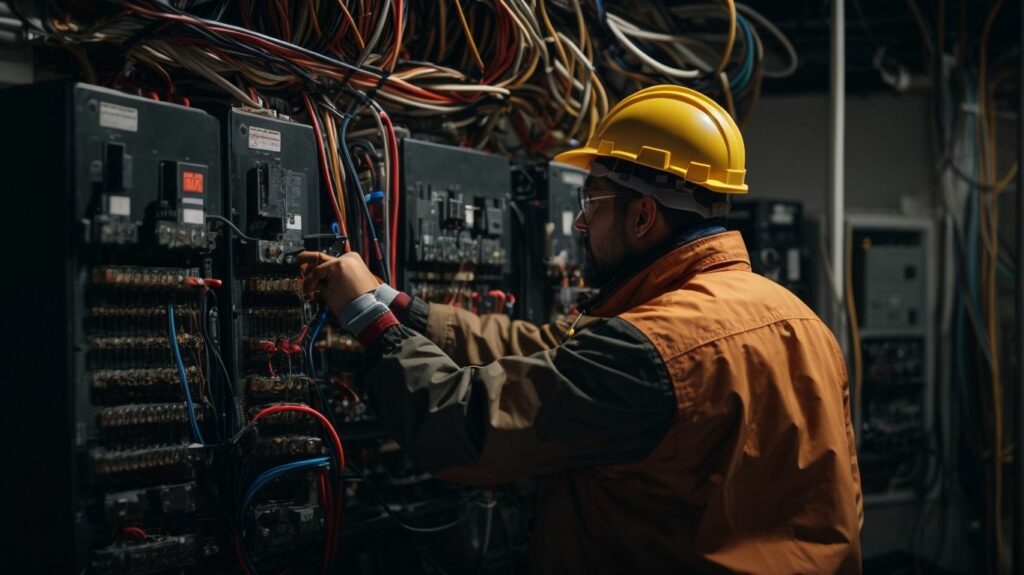
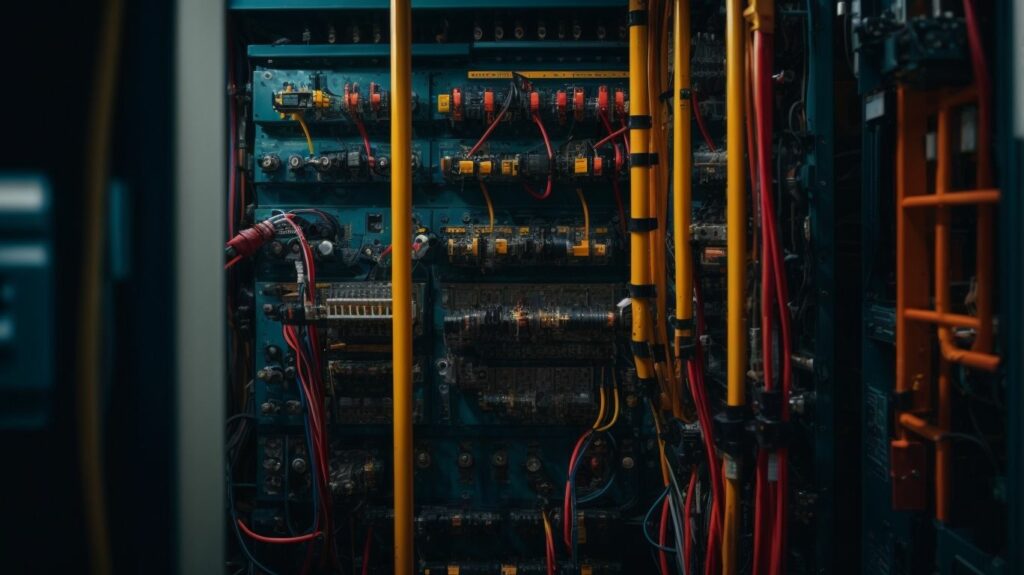


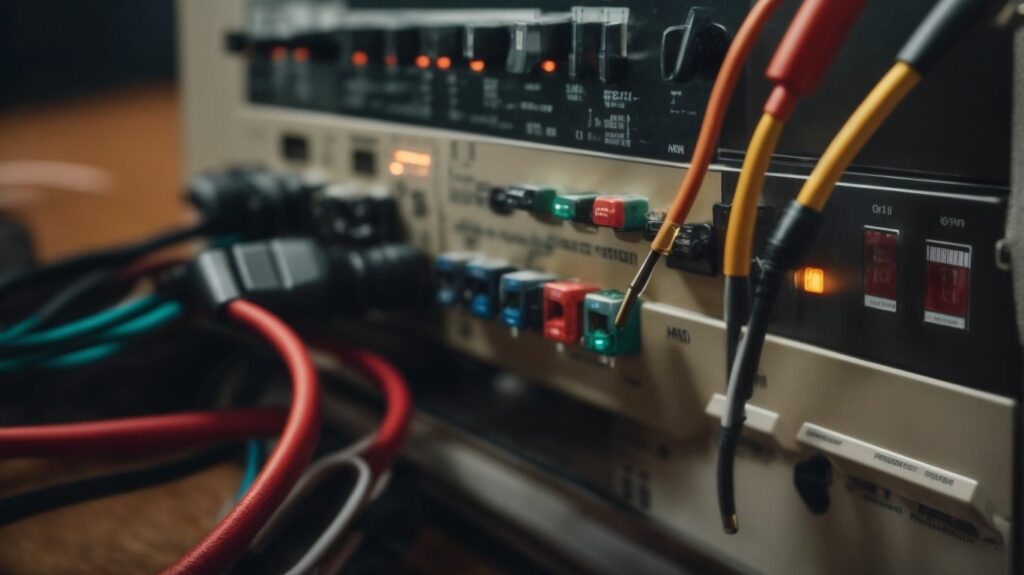
We Aim To Reply To All Enquiries With-in 24-Hours